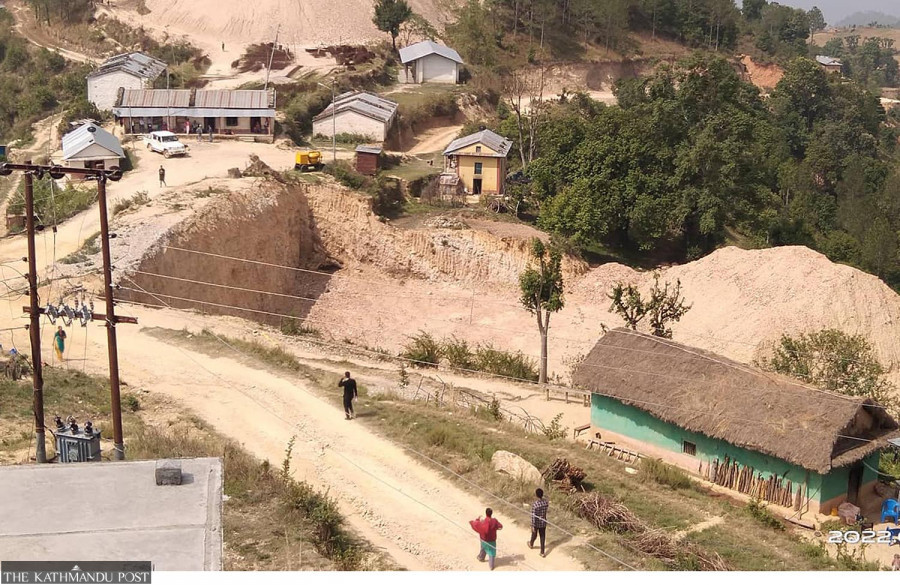Health
Work on 400 basic hospitals in local units may not start next fiscal year
The UML-led government had decided to build five 15-bed hospitals in all 753 local units, but the current government has decided to shelve the plan citing funds crunch.
Arjun Poudel
The construction of more than 400 basic hospitals at local units may not start in the next fiscal year starting July 16, as the government has lowered the country’s overall health budget by around 16 percent, year-on-year, citing funds crunch.
Along with reduction in the overall health budget, Finance Minister Prakash Sharan Mahat during the budget speech on Monday also declared that the government won’t be starting new constructions.
“Construction of new health facilities may not start in the next fiscal year, as per the budget speech,” said Dr Samir Kumar Adhikari, joint spokesman at the Ministry of Health and Population. “More can be said only after seeing a detailed breakdown of the budget. But one thing is clear: no new programme will be started in the next fiscal year.”
The government has allocated Rs83.99 billion to the health sector for the upcoming fiscal year 2023-2024, a major cut from the nearly Rs104 billion allocated for the current fiscal year. Officials said the total budgetary allocation for health, also includes the health budgets of local and provincial governments.
As per the plan to establish 5-to-15-bed hospitals at local units, the CPN-UML-led erstwhile government had laid the foundations for basic hospitals in 396 local units out of the 753, in 2020. Of them, the construction work has started only in 322 local units.
“We don’t know if the ongoing construction of the health facilities will be continued or not,” said Adhikari. “If the ongoing construction works are to continue, the government should allocate a budget accordingly.”
Construction of basic hospitals has not yet started in 431 local units.
Officials at the Health Ministry said the continuation of priority programmes of healthcare, including maternal health, child health, immunisation, nutrition, HIV, tuberculosis, and epidemic control is the big takeaway from the new budget.
Public health experts, however, said the budget allocated to healthcare is already very low and a further reduction in allocations means the country is not in line with the spirit of the Constitution and the health targets set by the government itself.
The decline in the health budget could affect the country’s priority programmes, including those of maternal health, child health and immunisation. “How can we achieve the health targets we have committed to achieving, if we cut the health budget?” asked Dr Padam Bahadur Chand, former chief of the Policy Planning and International Cooperation Division at the Ministry of Health. “We have not even completed building the infrastructures as envisioned by our constitution.”
Along with the health budget of local and provincial governments, the salaries of staff too, have been included in the health budget, as are the grants for Tribhuvan University Teaching Hospital, Nepal Police Hospital, Nepal Army Hospital and the Civil Hospital.
Nepal witnessed outbreaks of several diseases including dengue, cholera and diarrheal diseases, and other vector-borne diseases in the past years. As the country has been dealing with new and emerging health challenges of late, experts say more funds are required to address the new challenges.
Studies show that two out of every three deaths in Nepal are caused by non-communicable diseases, such as heart diseases, chronic obstructive pulmonary disease, lower respiratory infections and stroke.
“Reduction in the budget for healthcare will have severe negative impacts and the progress that we have made from years of investments and efforts will likely be jeopardised,” said Chand.




 8.83°C Kathmandu
8.83°C Kathmandu















